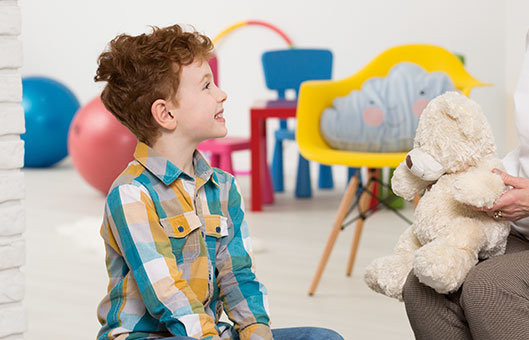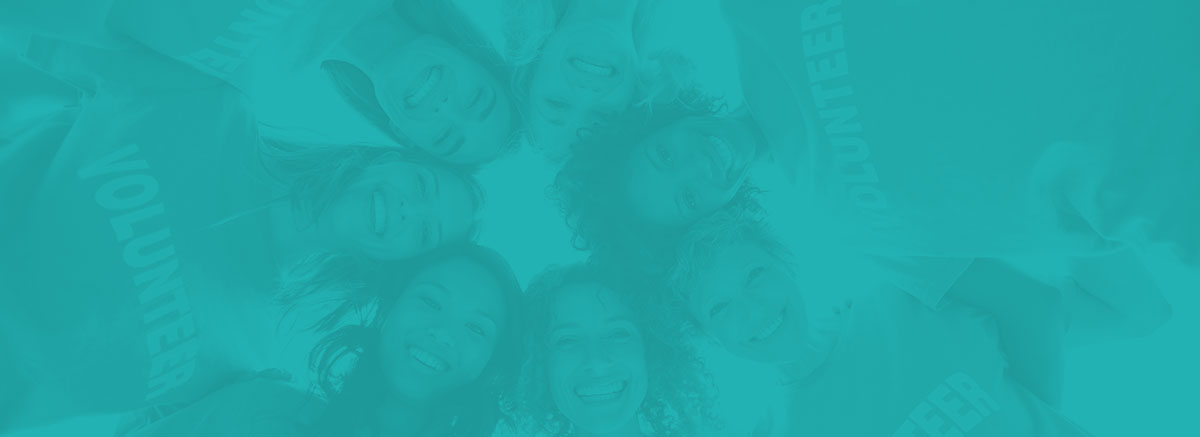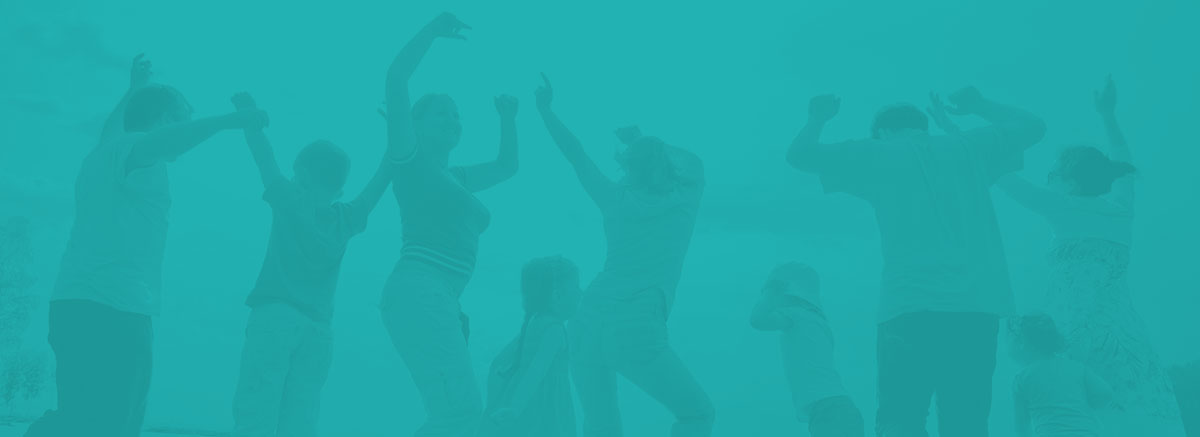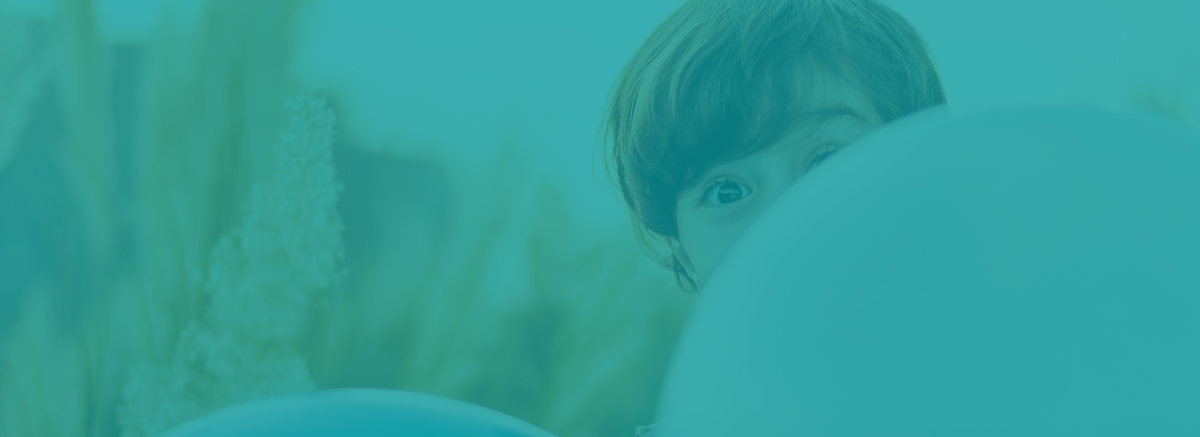The courage to try something new
Paul’s family was struggling with his aggressive behaviour, and becoming more and more isolated in their community and social activities. Frustrated and open to trying something new, Paul and his family came to the Centre for Autism Services Alberta for support.
When we first met Paul, his family was imprisoned by a dark secret, unable to go out to restaurants, shopping centres, or even for a short visit to a community park. Their seemingly innocent 7-year-old would become angry and frustrated in the presence of crying babies or loud children.
The family was embarrassed, angry, and frustrated, not knowing what they could do. And they were divided. Dad wanted to be strict. Mom wanted to be gentle. They couldn’t understand why Paul acted this way. They didn’t know how to prevent or stop his behaviour. They wondered if this was just what autism was. They feared for Paul and any baby or infant around him.
Things were barely better at home. Paul and his sister fought constantly and they could not be left alone for fear that Paul would hurt his younger sibling. While Paul could and would tell everyone what he should be doing differently, nothing changed.
Paul could not organize tasks independently. Whining and complaining through tasks, he would stop without finishing or would simply refuse to participate. His family knew that this went beyond a typical tantrum, but thought it was just the autism. Eventually, they gave up and allowed Paul to decide what he would and would not do.
Paul’s life at school was equally problematic. He came home with notes indicating poor behaviour and he refused to complete homework. He was falling behind in school, but Paul would not listen to his parents’ instructions and the school was not able to improve the situation. Typical strategies like visual schedules were not helping. His parents were trapped and they were drained.
Fast forward two years and the family is free from constant worry and finally has hope for a brighter future. They say that the Centre came to the rescue. But rescue, for us, looks a lot like consistent, strategic work.
The Centre team sprung into action on day one. We played a video of a crying baby during intake to gauge Paul’s reaction and assess his behaviour. Through comprehensive assessments of his skill strengths and gaps, we were able to determine why he was responding inappropriately to his environment. An analysis of the variables that were impacting Paul’s ability to match his language to his understanding, and his actions revealed patterns that could be worked on for positive change.

While the team worked with his parents on their parenting style and understanding of autism, Paul worked on skill development – improving social communication, increasing time on task, setting individual goals, breaking down tasks in written form – and, critically, on self-monitoring. As Paul’s skills developed, our parent coaching strategies evolved to reflect them. The family learned how to deal with Paul’s current needs and is now gaining the confidence to try new things with him that match his growing understanding of the world around him. They’re even working with his school, advocating for Paul’s needs without asking the team for help. Paul is now doing very well academically and his goals are adjusting accordingly.
At home, Paul and his sister now play and do chores together without parental supervision. Successful outings to busy family attractions like Calgary’s Calaway Park (Western Canada’s largest outdoor amusement park) means a trip to Disneyland, long in the planning, will soon become a reality.
Paul now looks out for his sister, reporting that he wanted to help stop someone from bullying her. He is making friends and he has even been participating in sleepover camps with the Scouts.
Paul will probably continue to need support as the demands on his social awareness increase as a teenager and a young adult. Today, dad and mom share similar parenting strategies and his family can ask the right questions to match Paul’s needs with appropriate services. Trapped before, they now feel empowered, ready to face the future.
Paul calls us his “autism teachers”, but he is learning who he is. He is Paul first and autism is just a small piece of him, one that he has become more aware of. He is learning how to function to the best of his potential and to be a part of this world – his world – a world made better by his inclusion in it.




